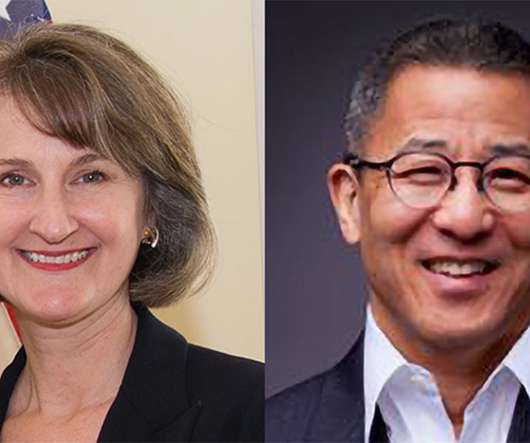Palliative-Behavioral Health Collaborations Benefit Patients with Serious Mental Illnesses
Hospice News
DECEMBER 15, 2023
Palliative care providers have opportunities to bridge gaps of unmet needs among patients who have serious mental illnesses (SMIs) and their families. People with SMIs navigate a complicated mental health care system that can become even more challenging when they have a serious or chronic physical illness.
















Let's personalize your content